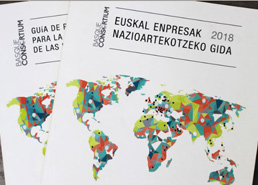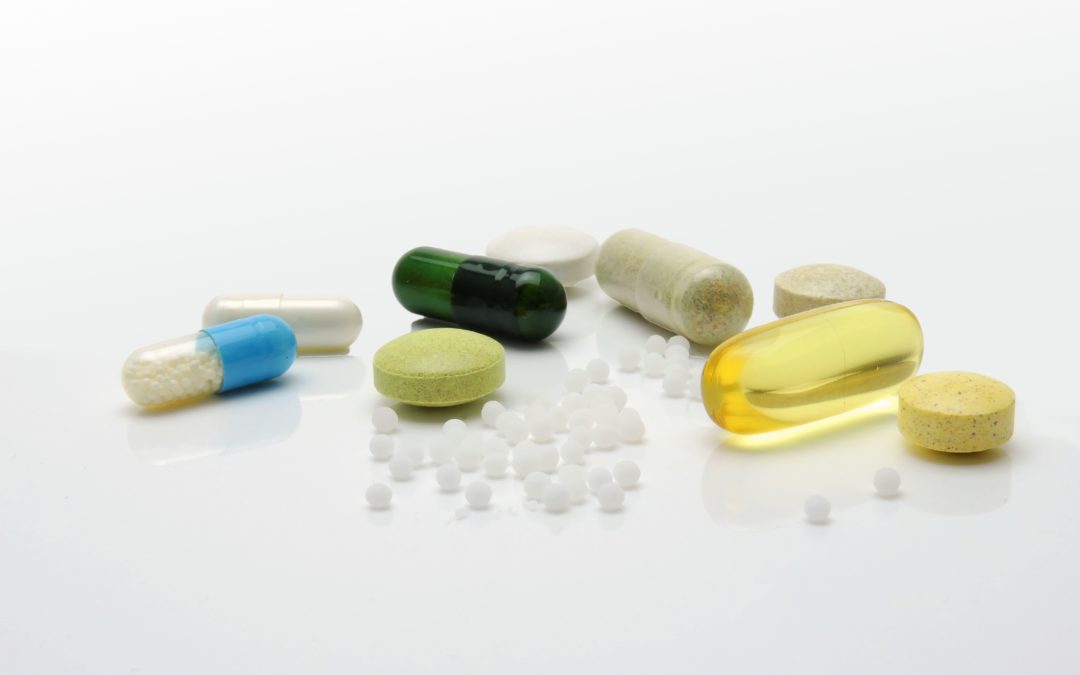The government unveiled its plans to invest 2.8 trillion won ($2.3 billion) in developing new key technologies to foster the bio-health industry over the next decade.
The Ministries of Health and Welfare, Science and ICT, and Trade, Industry and Energy said on Friday that two interagency projects — new drug development and regenerative medicine technology development — had passed the preliminary feasibility study last month.
The two national projects are part of the Bio-Health Industry Innovation Strategy announced by the government in May last year.
In pursuing new drug development as a state project, the government will provide step-by-step support, starting from basic research, going through nonclinical and clinical trials, and reaching test manufacture and mass production.
According to the viability study, the project will likely create 2.1 trillion won in industrial production for 10 years from 2021, to emerge as the largest R&D project to be conducted by the Ministry of Health and Welfare.
The three ministries said they plan to support the project by abolishing barriers as if they were one ministry. To this end, they have established a unified administrative system for the project by building up their capabilities, providing integrated consultation and support customized to the needs of universities, research institutions, and businesses.
Through the project, the government aims to develop blockbuster new drugs, each with annual sales of more than 1 trillion won ($830 million) over the next decade while enhancing the pharmaceutical industry’s competitiveness.
Concerning the development of regenerative medicine technology, the government will provide support throughout the period, from the core basics and the original technology to the clinical stage of therapeutic and therapeutic technologies for regenerative medicines.
The field of regenerative medicine, despite expectations as a future medical technology, has experienced limitations in developing new technologies because of the legal system.
After the National Assembly passed the Act on Safety and Support for Advanced Regenerative Medicine and Advanced Biopharmaceuticals last year, research and development conditions and ecosystems for the regenerative medicine field have made marked improvement.
Encouraged by the brighter prospect, the government has decided to invest 595.5 billion won in this area for 10 years from 2021.
It plans to focus on strengthening the technological competitiveness of stem cell therapy products and core technologies with high potential for future growth, such as gene therapy and tissue engineering materials.
“Through the development of the bio-health industry, we will develop innovative new drugs to treat rare, incurable diseases, protect health sovereignty through localization of pharmaceuticals and medical technologies, and strengthen public health,” said Im In-taek, director-general of the Health Industry Policy Bureau in the health and welfare affairs ministry.
Based on the results of the recent preliminary feasibility study, the three related ministries will go all out for the project’s success.



